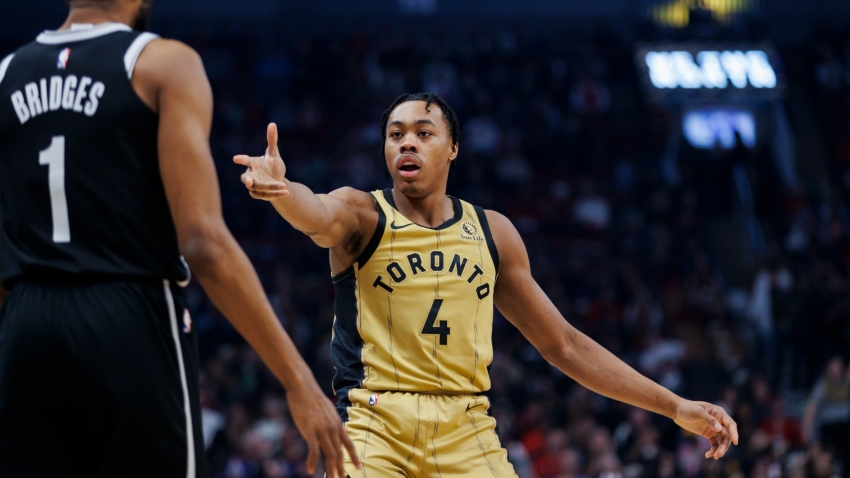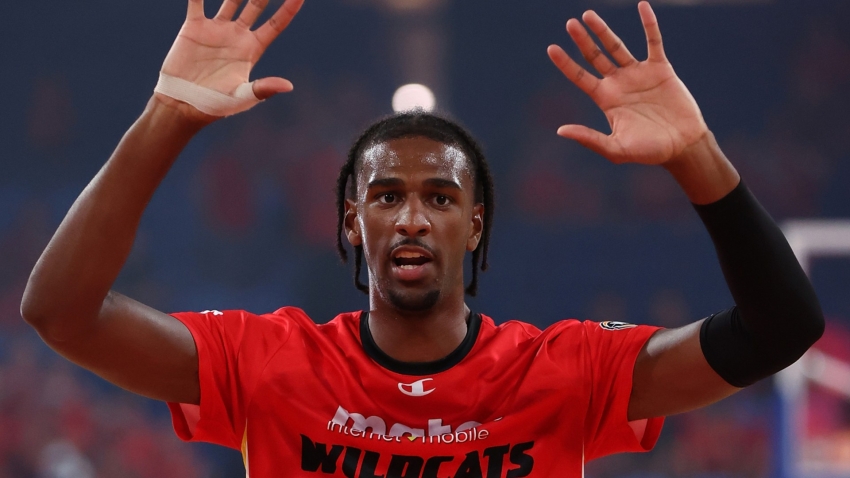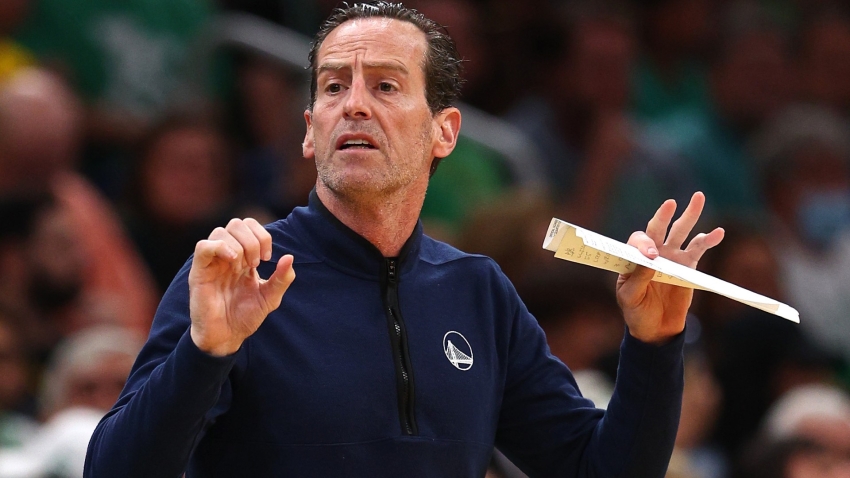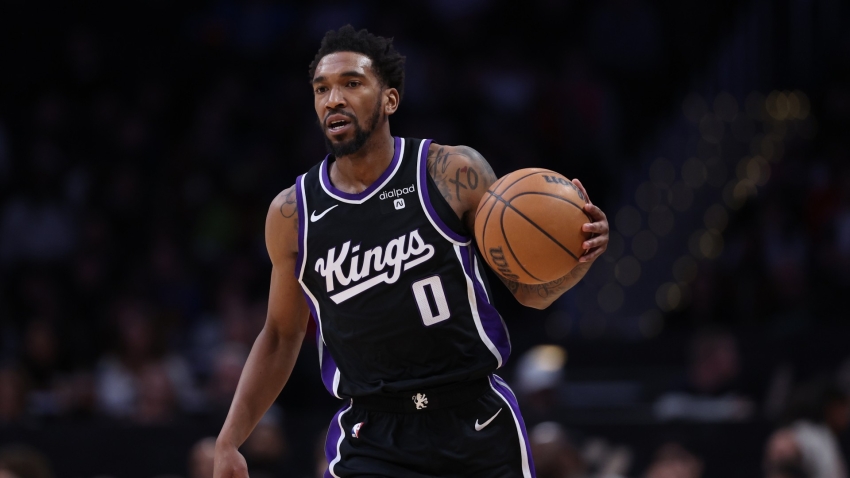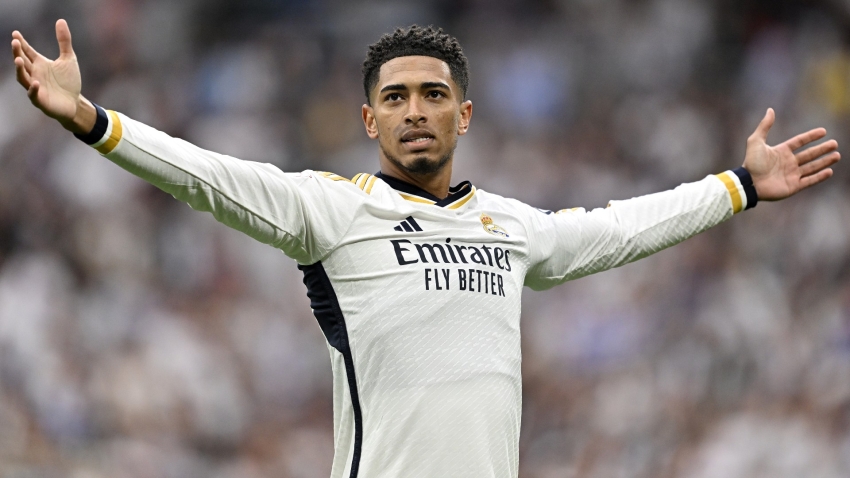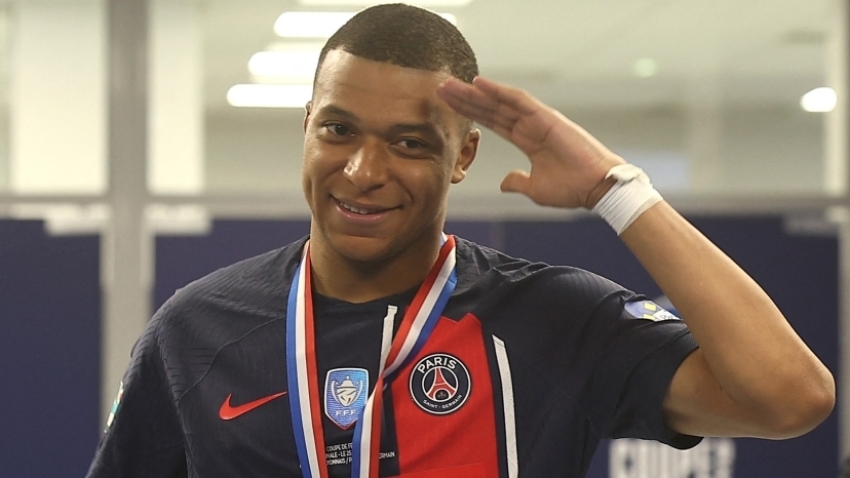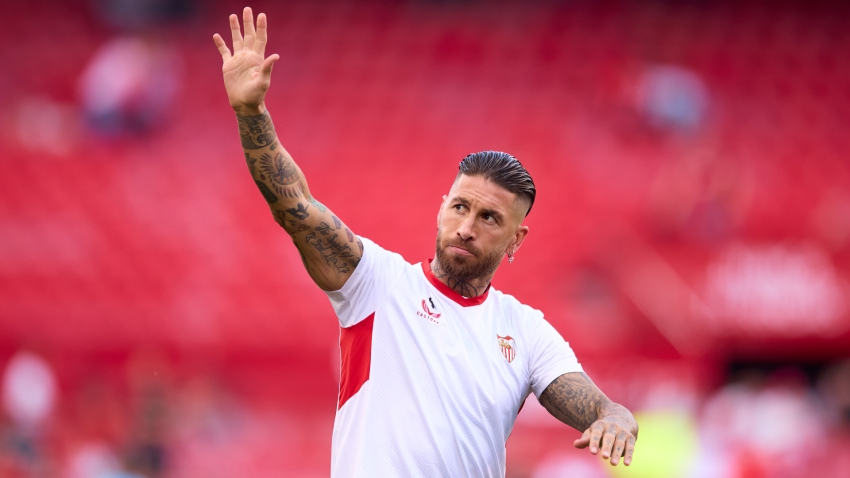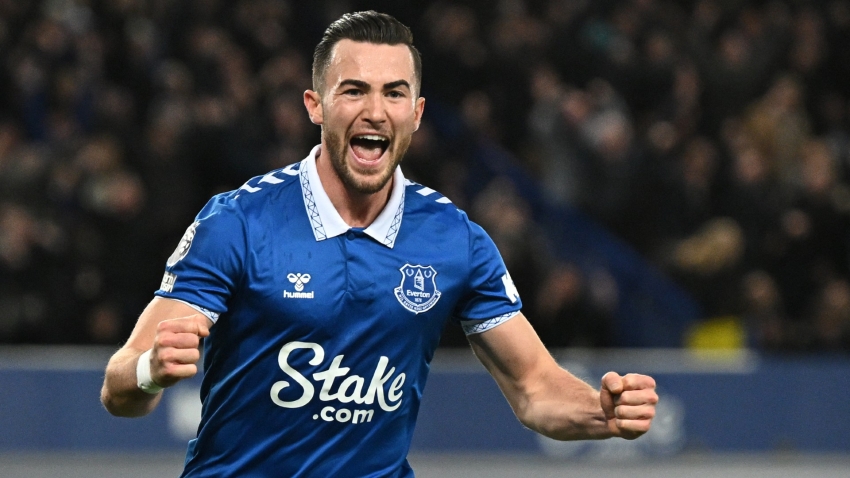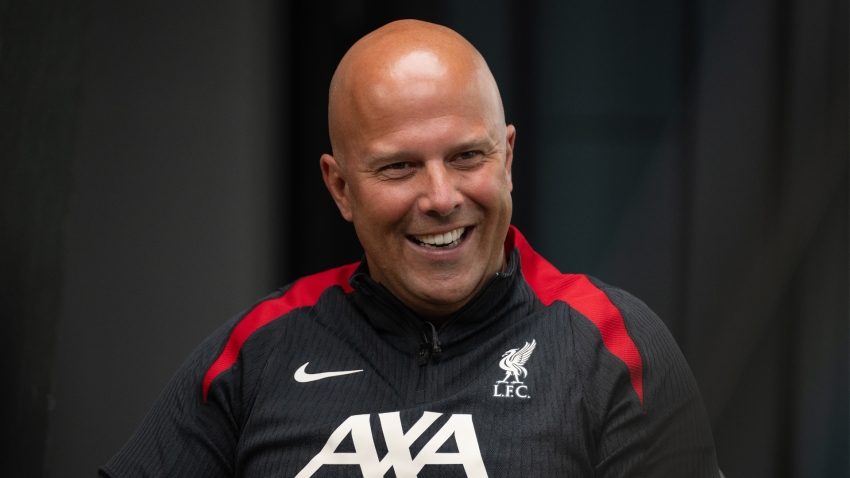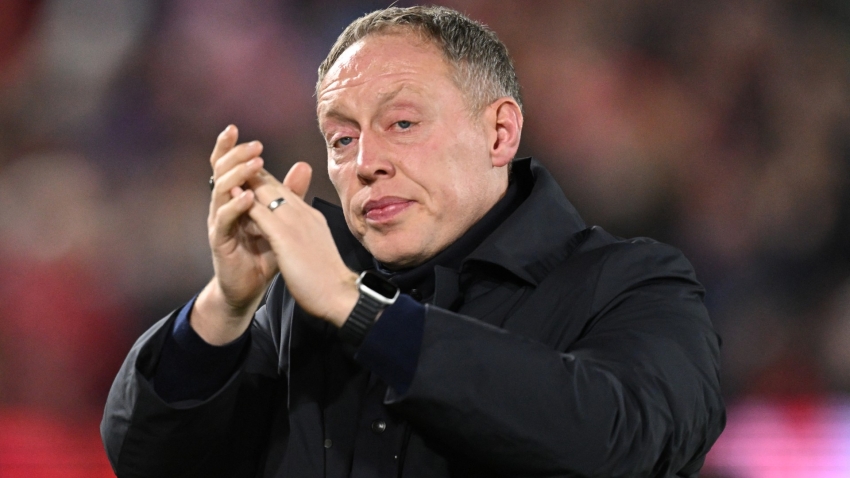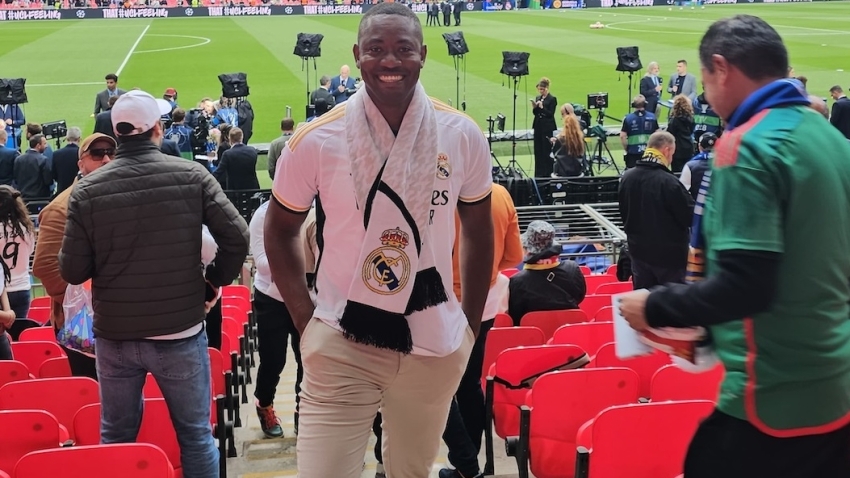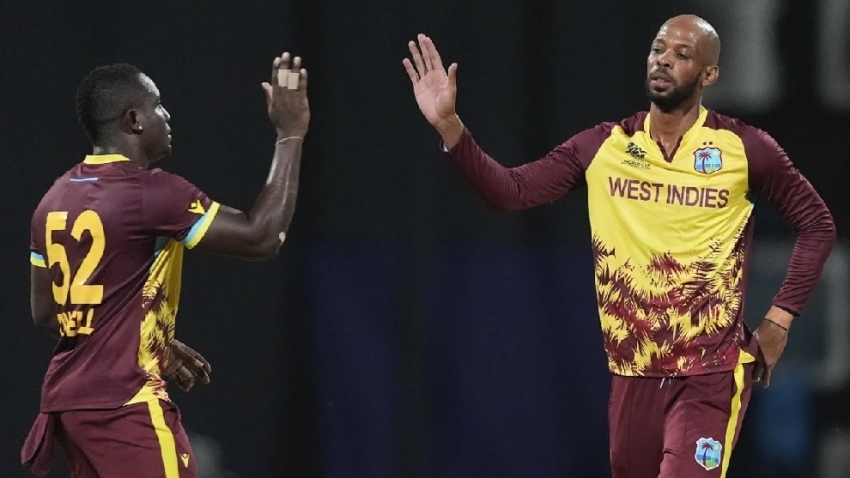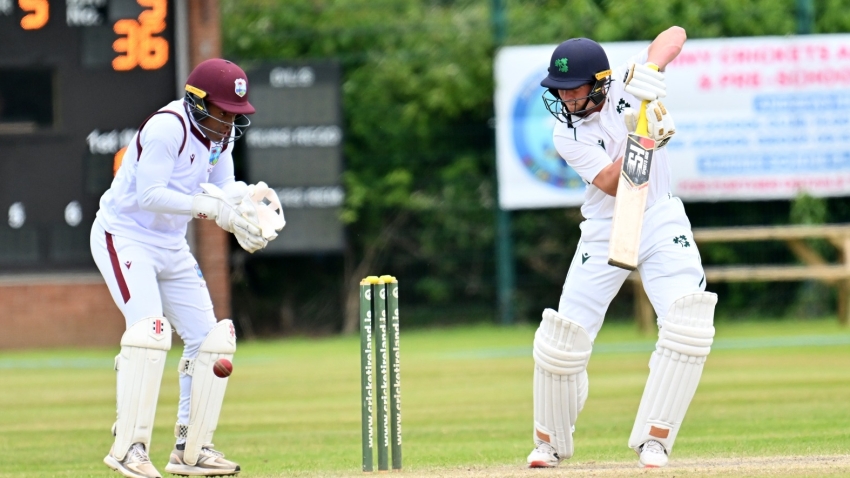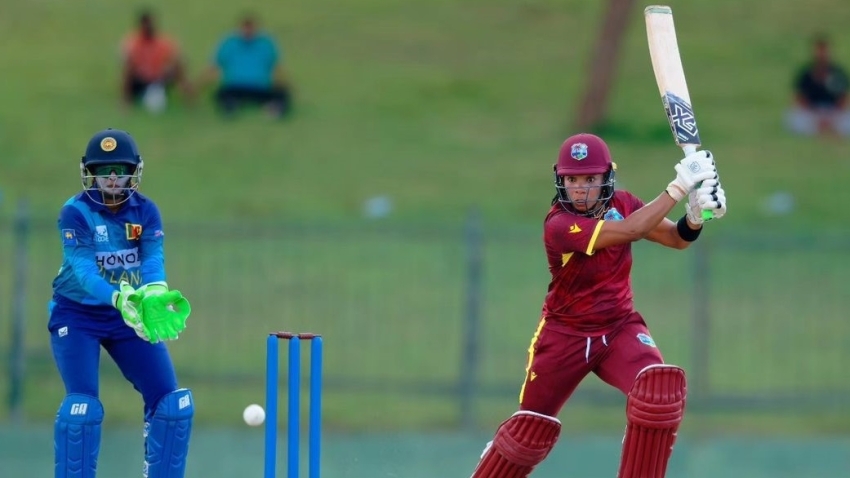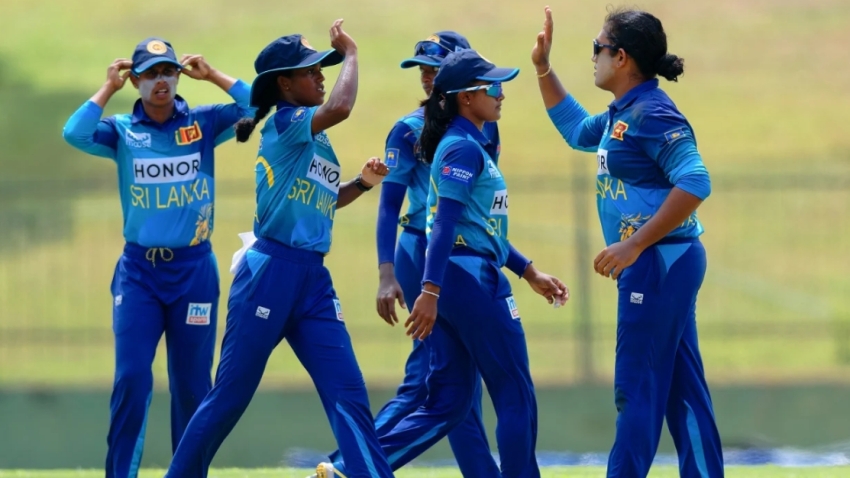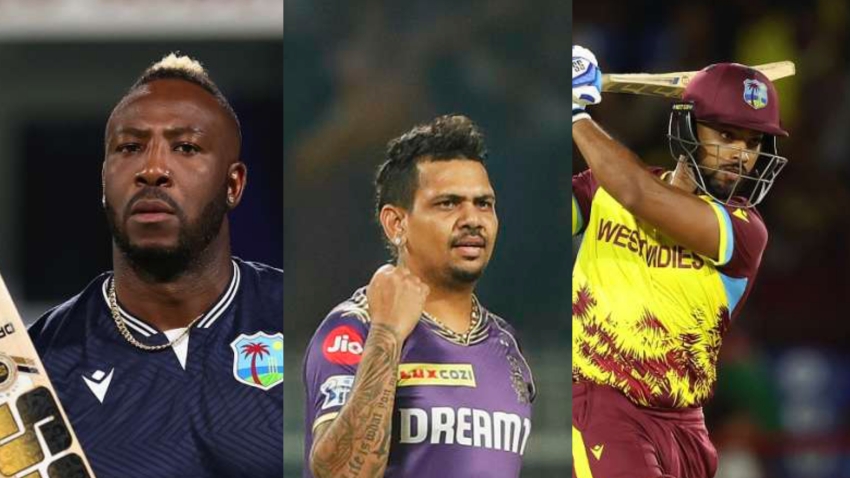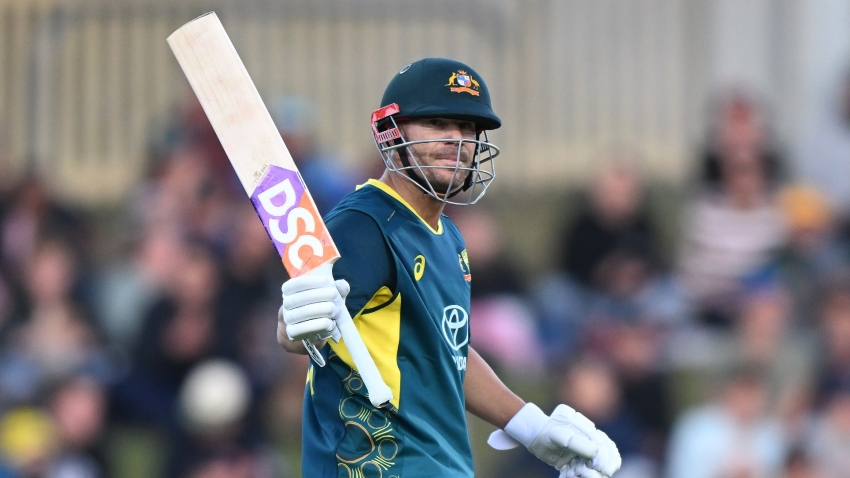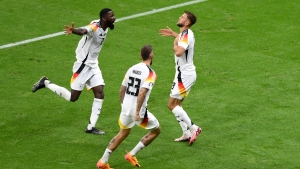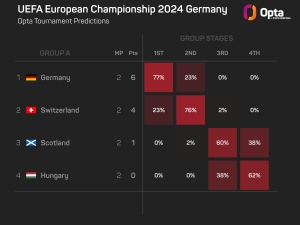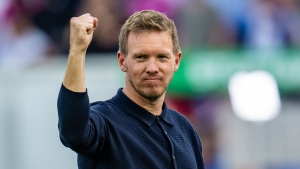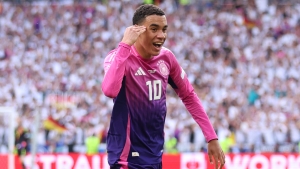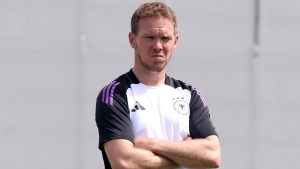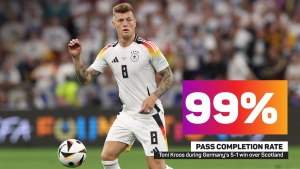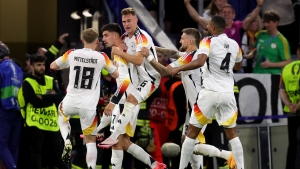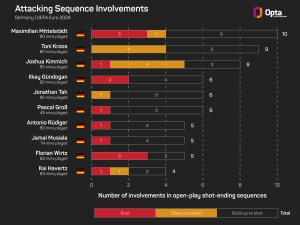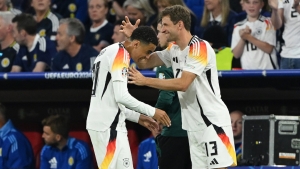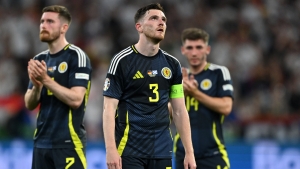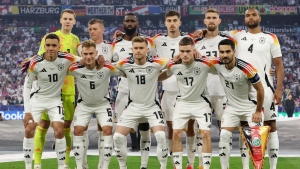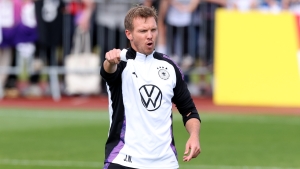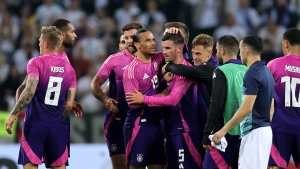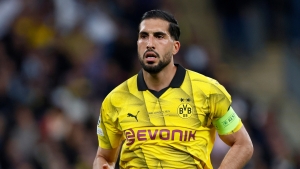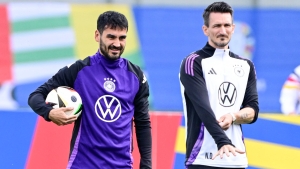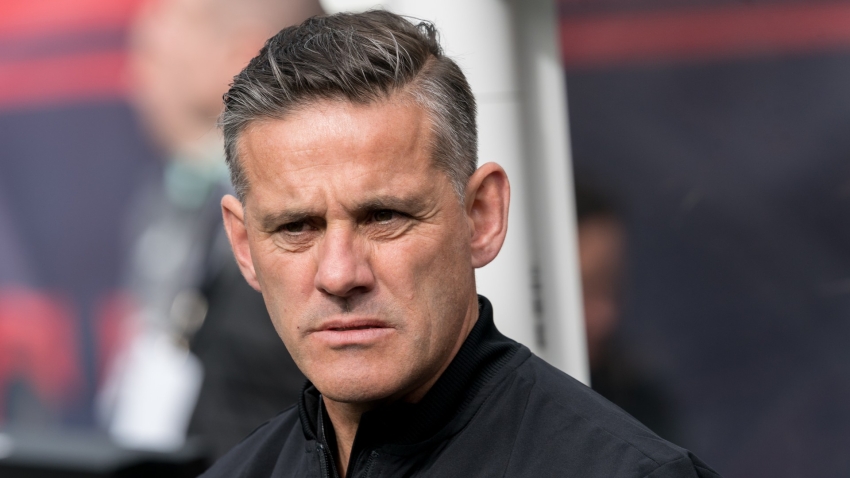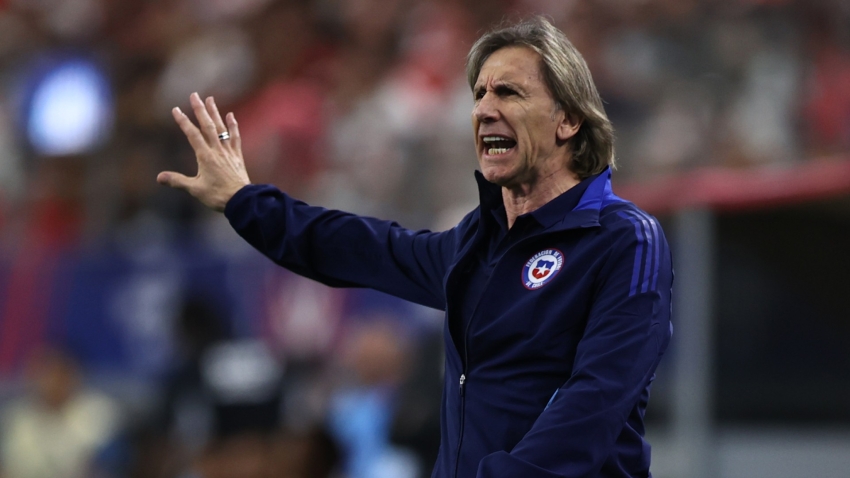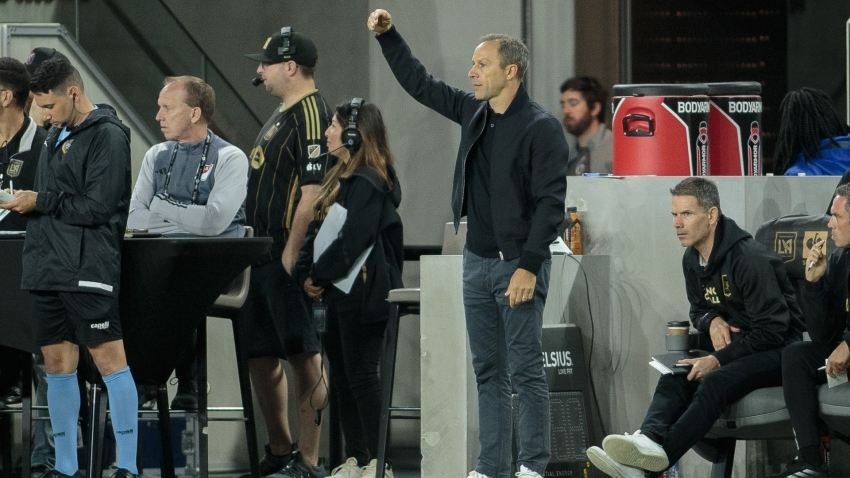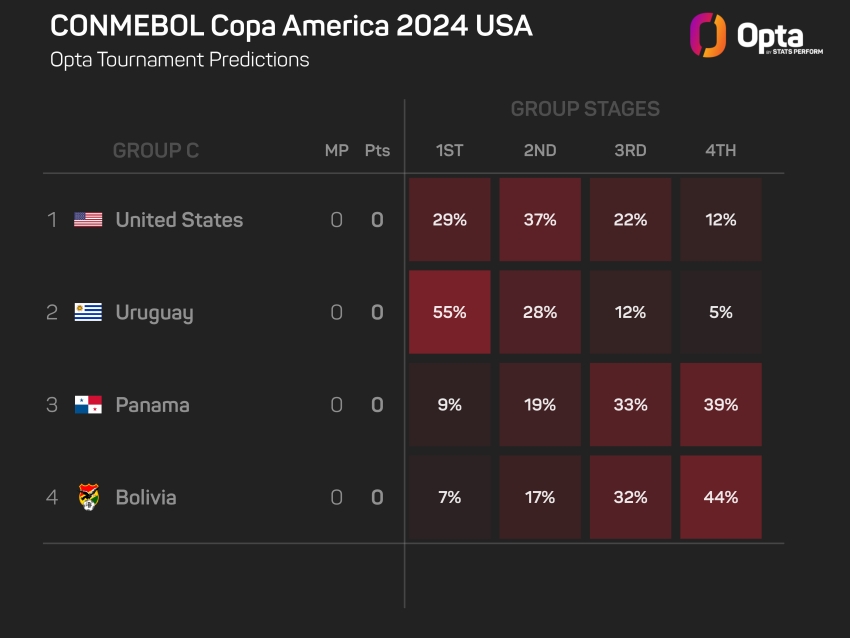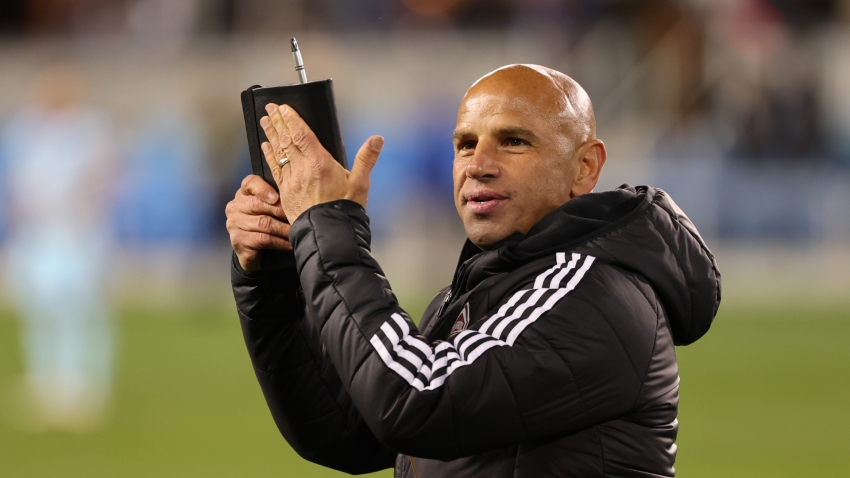Euro 2024 kicks off on Friday as Germany take on Scotland in Munich, and a flying start is on the agenda for Julian Nagelsmann's team.
Scotland, in their fourth appearance at the European Championships, would probably have been hoping for an easier start than going up against the hosts in the tournament's opening match.
Steve Clarke's team qualified in second place, behind Spain and ahead of Erling Haaland's Norway, from their group.
Germany, meanwhile, have picked up form under Nagelsmann since he was appointed as Hansi Flick's successor, and the former Bayern Munich coach has plenty of talent at his disposal, even if the Euro 2024 hosts are not considered to be among the biggest favourites.
Mats Hummels, Serge Gnabry and Leon Goretzka are three big-name absentees from Germany's squad, while Bayern youngster Aleksandar Pavlovic had to withdraw from the squad on Wednesday due to injury.
But in Jamal Musiala, Florian Wirtz, Leroy Sane, Kai Havertz and Borussia Dortmund's Niclas Fullkrug, Germany have an exciting attack, while Toni Kroos will anchor the midfield before he heads off into retirement.
This is Nagelsmann's first major tournament as head coach. Jupp Derwall was the last Germany boss to win a major tournament with them at the first attempt (Euro 1980).
Here, we use Opta data to preview the Euro 2024 opener.
What's expected?
It's no surprise to see that Germany are the overwhelming favourites to win this match, with Opta's supercomputer ranking their chances of victory at 58 per cent.
Germany and Scotland are facing each other for the third time at a major tournament. Germany won the two previous encounters, in the group stages of the 1986 World Cup (2-1) and Euro 1992 (2-0).
Indeed, Scotland have won only one of their last 13 matches against Germany (D4 L8); it was in April 1999, with Don Hutchison scoring the only goal in a Bremen friendly (0-1).
After losing to Turkiye and Austria, Germany have gone unbeaten in their last four matches. That being said, they were not particularly impressive in their warm-up matches.
Following a 0-0 draw with Ukraine, Germany beat Greece 2-1 last time out, though they mustered a disappointing 0.88 expected goals (xG), in contrast to their opponents' 2.14.
The scoreline is the statistic that matters at tournaments, with Havertz grabbing an equaliser midway through the second half before Pascal Gross secured a late victory, but it should give Scotland some hope, even though they are handed just a 21 per cent win likelihood, with the draw threat also at 21 per cent.
Scotland won their first five Euro 2024 qualifiers but then failed to win any of their final three (D2 L1), conceding seven goals in those games after only shipping one goal in their first five games.
They beat Gibraltar 2-0 and then drew 2-2 with Finland in their warm-up friendlies, though they head into Euro 2024 without some key players, with full-backs Aaron Hickey and Nathan Patterson, and striker Lyndon Dykes, out due to injury.
Germany have won only one of their last five matches played in Munich (D3 L1), a 4-2 victory against Portugal at Euro 2020, so while the smart money is on the hosts, Scotland should not go into this one without confidence, with captain Andrew Robertson and midfield duo John McGinn and Scott McTominay offering a threat, too.
Home hopes
This is the fourth time that Germany are sole hosts of a major international tournament, reaching the final four in each of the previous three editions: champions at the 1974 World Cup, semi-finalists at Euro 1988 and third place at the 2006 World Cup.
Germany are taking part in their 14th Euros, more than any other team. They have won the trophy three times, the joint-most alongside Spain.
Nagelsmann has been happy to lean on inexperience for his squad selection, and in Wirtz and Musiala, he has two of the most exciting youngsters in world football at his disposal.
Wirtz scored 11 goals and added 11 assists during Bayer Leverkusen's unbeaten Bundesliga title-winning campaign to claim Player of the Season honours in Germany's top tier.
Musiala, meanwhile, scored 10 goals from an xG of 7.9 in the league.
Behind them, the returning Kroos brings plenty of experience, alongside Ilkay Gundogan, who created the second-most chances of any player in Europe's top five leagues in all competitions in 2023-24, with 132.
Havertz is likely to lead the line with support from Fullkrug, but Thomas Muller is another weapon in Germany's arsenal. He has scored 10 goals in 19 appearances at the World Cup (36 shots), but he has never scored in 15 appearances at the European Championships (31 shots).
Will it finally be Muller time?
At the other end of the pitch, though, Germany do have some issues. On paper, Jonathan Tah, Nico Schlotterbeck and Antonio Rudiger are a fine trio to choose from in the centre of defence, while Joshua Kimmich can play at right-back, but Nagelsmann needs to make sure the team's defending is better than it was against Greece. Perhaps Hummels' experience would have been useful?
Germany have conceded at least one goal in each of their last 12 games at major international tournaments. The last time they kept a clean sheet was against Slovakia in the round of 16 at Euro 2016.
Fourth time lucky?
This is Clarke's second major international tournament as a manager, after Euro 2020. He is the first Scotland boss to lead the team into two consecutive Euros.
Scotland have never reached the knockouts of the Euros in any of their three previous appearances at the tournament.
They have won just two of their nine Euro matches, with those victories coming over CIS (Commonwealth of Independent States) in 1992 and Switzerland in 1996. Scotland have failed to score in six of their nine games at the European Championships.
While Germany are one of the toughest possible opponents to face first up, if Scotland could get something from this match, then they would be in a great position ahead of meetings with Hungary and Switzerland.
PLAYERS TO WATCH
Germany – Toni Kroos
Kroos' presence in midfield will be a major boost to a team that averaged 59.3 per cent possession at Euro 2020 – second only to Spain (66.8 per cent).
The 34-year-old came out of international retirement to feature for Germany in their home tournament, though of course, it will now mark the final competitive event of his career.
Kroos – who won his sixth Champions League with Real Madrid this month – played more line-breaking passes (214) and passes leading to final-third entries (69) than any other player in UEFA's flagship club competition in 2023-24.
Scotland – Scott McTominay
A strong defence helped get them through qualifying, with a sprinkling of quality from McTominay, who was the top scorer in qualifying Group A with seven goals – one more than Manchester City superstar Haaland managed for Norway.
McTominay's goal tally is the joint most by a Scottish player in a Euros/World Cup qualifying campaign, along with Steven Fletcher (Euro 2016) and McGinn (Euro 2020).
And what is even more impressive, is that McTominay's goals came from just 1.77 xG, an overperformance of 5.23.


